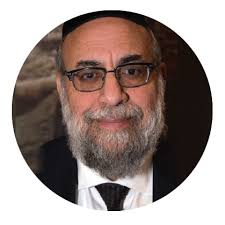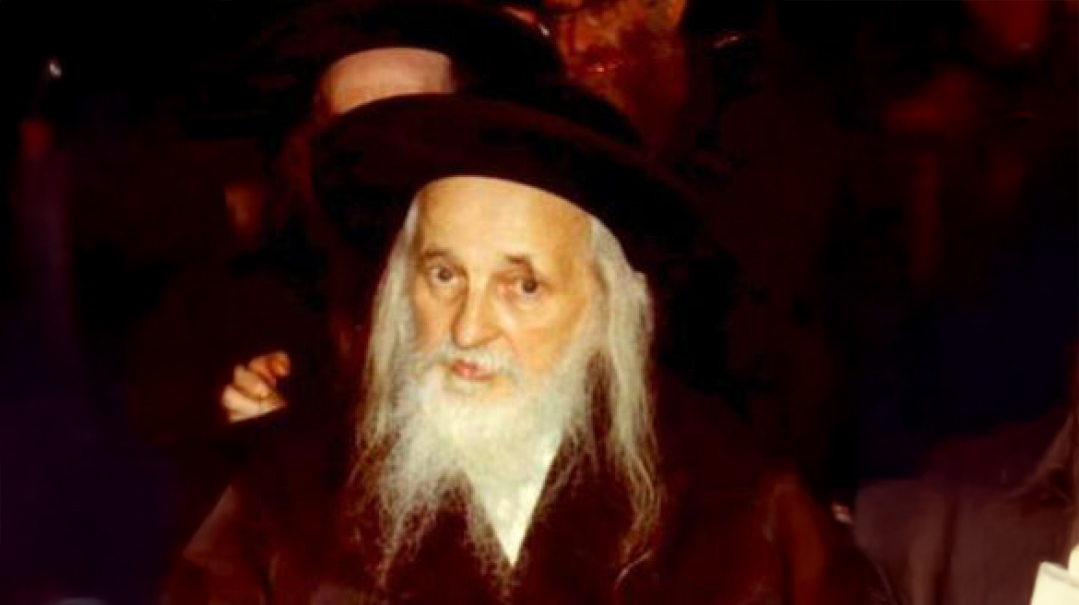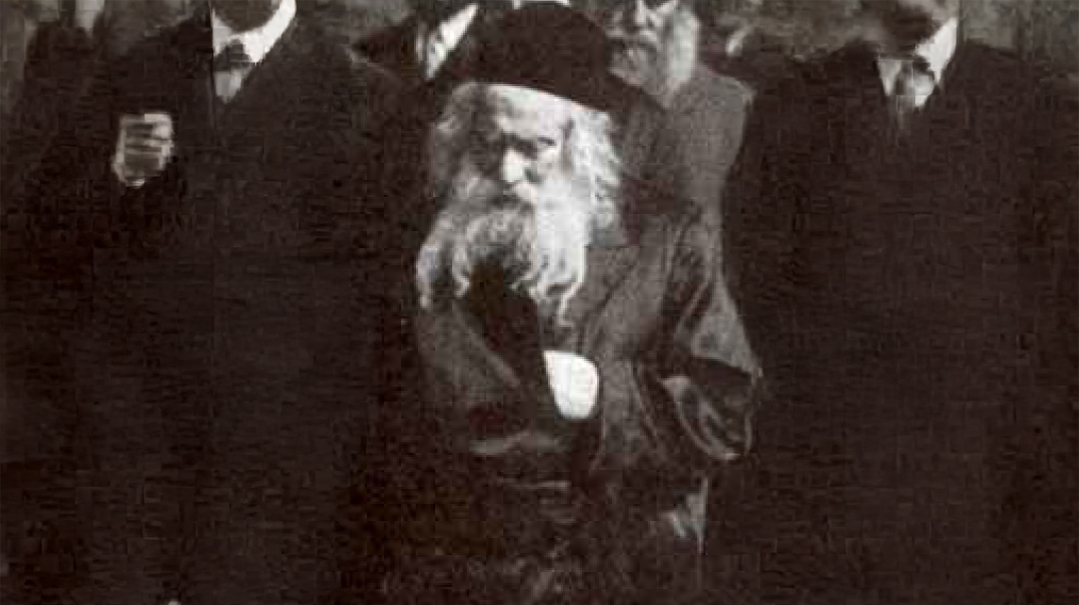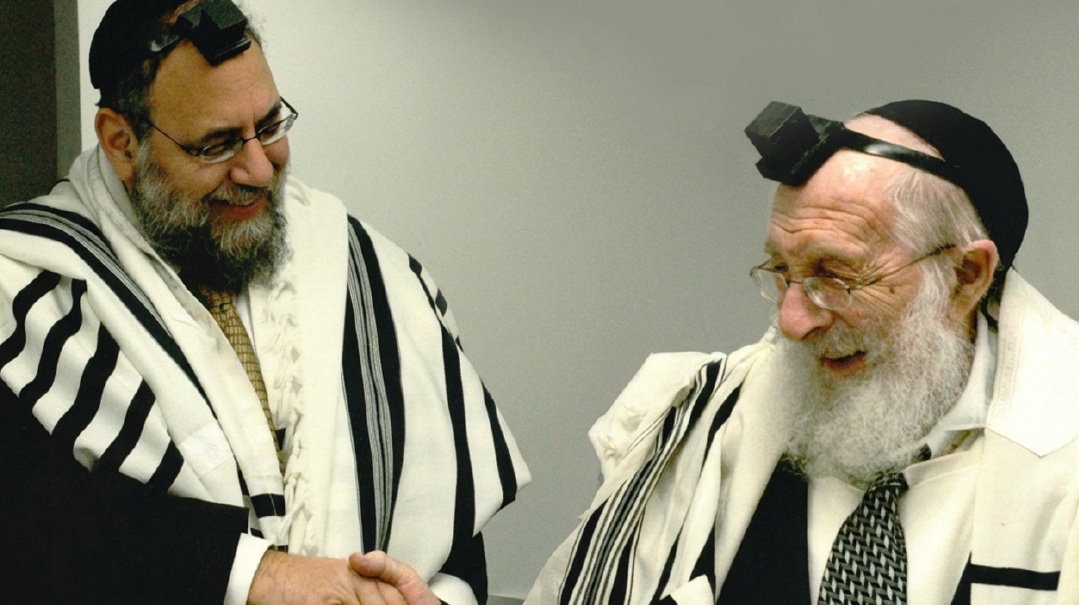A Tefillah and an Admission

There was one unforgettable interaction I had with Rav Mattisyahu Salomon ztz”l that I’d like to share

W
hile in previous columns I’ve shared my personal reflections and experiences with gedolim I had the great fortune of interacting with over several decades, this piece is different. While there are surely many others who knew the late Lakewood Mashgiach, Rav Mattisyahu Salomon ztz”l, far better than I did, there was one unforgettable interaction I had with him that I’d like to share.
The story took place close to 25 years ago. Tragically, a young wife and mother who was also a popular teacher in a prominent girls’ schools in Flatbush passed away suddenly. A number of rabbanim and askanim met with the great gadol Rav Avrohom Pam ztz”l to ask what kind of community chizuk event they should organize as a zechus for her neshamah. The Rosh Yeshivah suggested that since she was an ishah tzanuah, it would be appropriate to arrange a gathering for women and girls about the importance of tzniyus, something he felt needed some improvement. As I’d just written an article on this subject, I was asked if I would agree to be the keynote speaker at the event.
I was apprehensive about speaking about this sensitive topic outside of my own community, though, and was reluctant to accept. I decided to meet with Rav Pam to share my concerns. The Rosh Yeshivah strongly encouraged me to accept the assignment. He then said that because people may find the topic of tzniyus off-putting, he suggested we create a catchy title for the evening that would keep the subject vague and not deter attendees.
I reached out to one of my mentors, Rav Nisson Wolpin ztz”l, and we came up with “The T word: A Community Response.” It worked. The wording was somewhat mysterious and definitely caught the attention of the targeted audience.
That taken care of, I had to figure out how to address an audience with a wide variety of women without offending anyone. I consulted with several seasoned rabbanim to hear their thoughts, but I couldn’t find what worked for me.
And then I read in the Yated that the Mashgiach Rav Mattisyahu would be addressing an asifah for women in Lakewood about tzniyus. Although at that time I had only met the Mashgiach several times, in public settings, I decided I would reach out to him for guidance.
HaKadosh Baruch Hu wanted to spare me the stress I was under, and it just so “happened” that the very next day there was an asifas zikaron for Rav Moshe Sherer ztz”l, who had recently passed away, and the Mashgiach was the keynote speaker.
As soon as he walked into the auditorium, I promptly approached him. “The Mashgiach just spoke to hundreds of women in Lakewood about tzniyus,” I said. “I have to do the same in Flatbush in a few days, and I need some guidance on how to approach the subject matter.”
The entire conversation took less than five minutes, but I remember it vividly, as if it happened yesterday. He took my hand warmly into his, and said, “Tell them the following in my name: that every morning when I wake up, I offer a tefillah to HaKadosh Baruch Hu and thank Him for not having made me grow up in this generation, in which I would never have had the strength to withstand the nisyonos of improper things that violate the core requirements of tzniyus.” With that, he wished me much hatzlachah on my talk and proceeded to the podium.
I was stunned. What a heartfelt, powerful statement from one of the foremost baalei mussar of the generation, recognizing the great challenges the young men and women of our generation face every day. Inspired, I felt ready to face the challenge of addressing this sensitive topic.
I began my talk with that statement from the Mashgiach, and I ended it with that thought as well. Over the next year, I had the opportunity to speak in 28 high schools in the Tristate area, and I began each talk with the powerful insight of the Mashgiach. It was a springboard for dozens of discussions and conversations over the years.
In every school where I spoke and quoted the Mashgiach’s words, as he had instructed me to do, not only the students found them powerful, but the rebbeim and menahalim did so as well. That is, with one exception.
After speaking in one yeshivah high school in the New York area, the menahel approached me afterward and told me he was disturbed. He said that when the students hear this statement, they may misconstrue it and rationalize that if the Mashgiach himself says that if he were a youth in this generation, he would not be able to stand up to the difficult nisyonos of tzniyus today, why should they even make an effort to do so? I told him he had missed the whole point.
At a wedding several months later, I shared with the Mashgiach this response from the menahel. He gave me one of his famous, big, warm smiles and said, “While the menahel may be right, he should tell the talmidim that the Mashgiach also said that he wishes he could have a share in the incredible and unimaginable sechar they will receive for being able to overcome the nisyonos that growing up in this generation brings along with it.”
I responded that this second heartfelt lesson from the Mashgiach may be even a greater lesson than the first one.
A footnote to this story is that on the Shabbos after my talk in Flatbush, my wife and I hosted my rebbi, the rosh yeshivah of Yeshiva Chofetz Chaim, Rav Henoch Leibowitz ztz”l and his first Rebbetzin a”h, as our Shabbos guests. I shared the lesson that the Mashgiach told me to say over in his name, and at first the Rosh Yeshivah just smiled.
A bit later, he turned to me and said, “You know, to be able to make such an admission, you have to be an ‘oisge’arbeite mensch,’ and that only comes from a lifetime of learning mussar, like the Mashgiach has done his whole life.”
(Originally featured in Mishpacha, Issue 997)
Oops! We could not locate your form.







